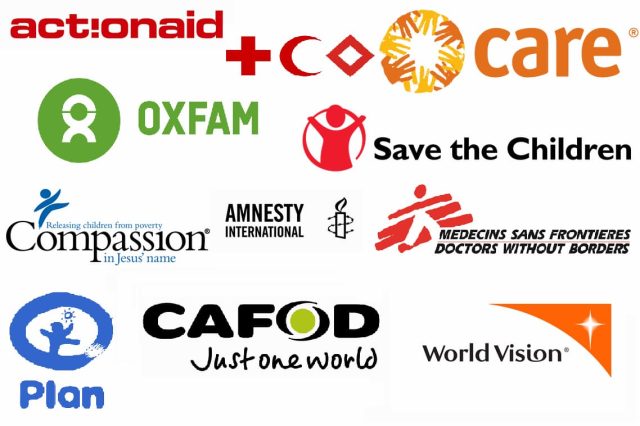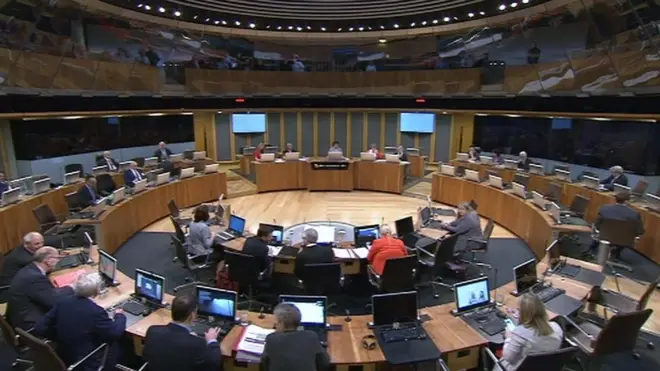The Georgian parliament says CSOs that receive more than 20% of its funding from abroad will be required to register as an “organization serving the interests of a foreign power.”

In Georgia, the passage of a controversial “foreign agents” law has ignited significant turmoil and widespread protests. On Tuesday, the Georgian parliament approved the bill in its third and final reading, with lawmakers voting 84 to 30 in favour of the “foreign influence” law.
According to the new legislation, any media outlet or civil society group in Georgia that receives more than 20% of its funding from abroad will be required to register as an “organization serving the interests of a foreign power.” Many see the law as influenced by similar legislation in Russia, which has been utilized to suppress political opposition to the Kremlin.
Critics argue that this law poses a severe threat to democratic freedoms and undermines Georgia’s aspirations to join the European Union. Georgian Dream, the ruling party, had previously withdrawn the bill last year following mass protests. However, the revised push for the legislation has once again provoked large-scale demonstrations.
The government justifies the bill as a measure to enhance transparency, combat “pseudo-liberal values” promoted by foreigners, and safeguard Georgia’s sovereignty. Opponents, however, accuse the ruling party of trying to steer the country away from its European path and closer to Moscow.
Meanwhile, in Nigeria, a similar controversy is unfolding as the 10th House of Representatives recently debated and then stepped down a contentious bill aimed at regulating civil society organizations. The bill, titled “A Bill for an Act to Establish Non-Governmental and Civil Society Organizations Agency for the Promotion of Social Development Activities in Nigeria and Related Matters (HB. 941),” was sponsored by Rep. Sada Soli (APC Katsina). It sought to provide a legislative framework for regulating the activities of NGOs and CSOs in the country.
OrderPaper reported that this bill had previously surfaced in the 9th Assembly, also by Rep. Soli, and in 2017 by Rep. Buba Jibrin. The public hearing for the current bill was marked by protests from civil society members, who interpreted the legislation as an attempt to stifle their operations.
These legislative moves in Georgia and Nigeria highlight a growing trend of governments attempting to exert greater control over civil society and media, raising alarms among advocates for democracy and free expression.



